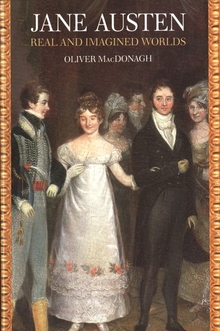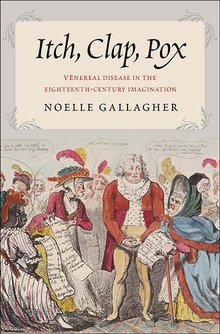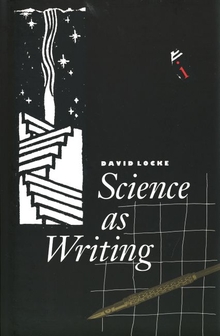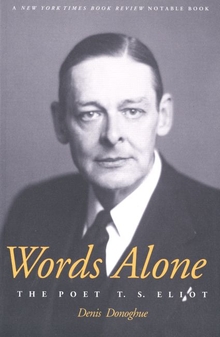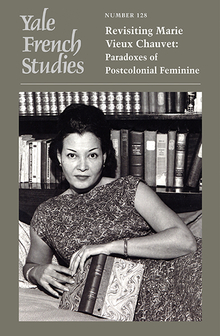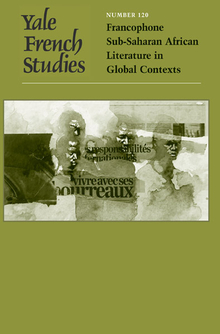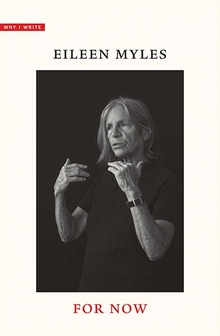Jane Austen
WARNING
You are viewing an older version of the Yalebooks website. Please visit out new website with more updated information and a better user experience: https://www.yalebooks.com
Real and Imagined Worlds
Oliver MacDonagh
In this book a distinguished historian explores the novels of Jane Austen, showing how they illuminate English history in the quarter century before 1792 and 1817 and how, in turn, an appreciation of this period in history enriches our reading of the novels. Oliver MacDonagh paints a picture of Jane Austen’s life and personality and of the social and political worlds she inhabited during and immediately after the Napoleonic Wars. Analyzing her letters as well as her novels, he shows how Austen’s experiences and her reactions to events were woven into her fiction.
Each chapter combines an examination of Jane Austen’s ideas and conduct in a particular field with a consideration of her treatment of the same subject in one or more of her works. MacDonagh compares the place of the Anglican Church in her life to the role of the Church of England in Mansfield Park, juxtaposes her own family relations to those of the Elliots, Musgroves, and Crofts in Persuasion, and shows how her economic vicissitudes are reflected in the use of money as the moving force in Sense and Sensibility. In the same way, other chapters tackle the themes of girlhood and education, marriage and the contemporary female economy, and local society. In every case Austen’s real and imagined worlds richly illuminate on another, providing new insights for all readers of her work.
"Austen is occasionally criticized for being unconscious of the social history and politics of her own times. MacDonagh ably demonstrates the contrary. . . . He discusses religion, economics, education, family life, and county society within the framework of Austen's life and writings as well as contemporary British history and politics. His bibliographical references are especially useful. . . . This book should interest both students of English social history and students of Austen."—Library Journal
"There is . . . reason . . . to admire the skill with which MacDonagh has sifted through [Austen's] writings to find materials on which he can base his discussions of broader topics. . . . Not only does he write elegantly but he shows himself a delicate literary analyst."—Norman Gash, Times Literary Supplement
"A welcome addition to the shoal of superb social history-cum-biographies which have recently focussed on women. . . . [MacDonagh's] vision of Jane Austen as a champion of Zeitgeist brings him closer to the link between the life and the creative moments, what Jane Austen wrote when and why, than many literary biographies. . . . Here is an area where the emphasis on women's work and lives, so much more conditioned by circumstances of class and period than men's, is fascinating and important."—Jackie Wullschlager, Financial Times
"A historian's approach to Jane Austen's world, designed to 'reveal how the novels illuminate English history in the quarter century between 1792 and 1817.'. . . A must for Janeites."—Nineteenth-Century Literature
"The whole book is marked by scholarly precision and also by a salutary caution with regard to the sources and their interpretations. . . . This book can help students of Jane Austen to understand the world that she sets before us."—James Fanning, Zeitschrift für Anglistik und Amerikanstik
Publication Date: March 31, 1993
14 b/w illus.

